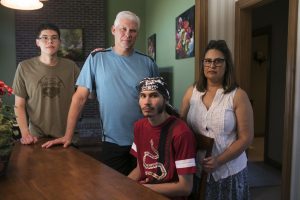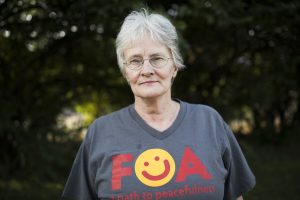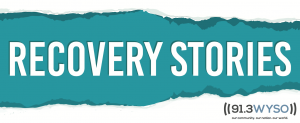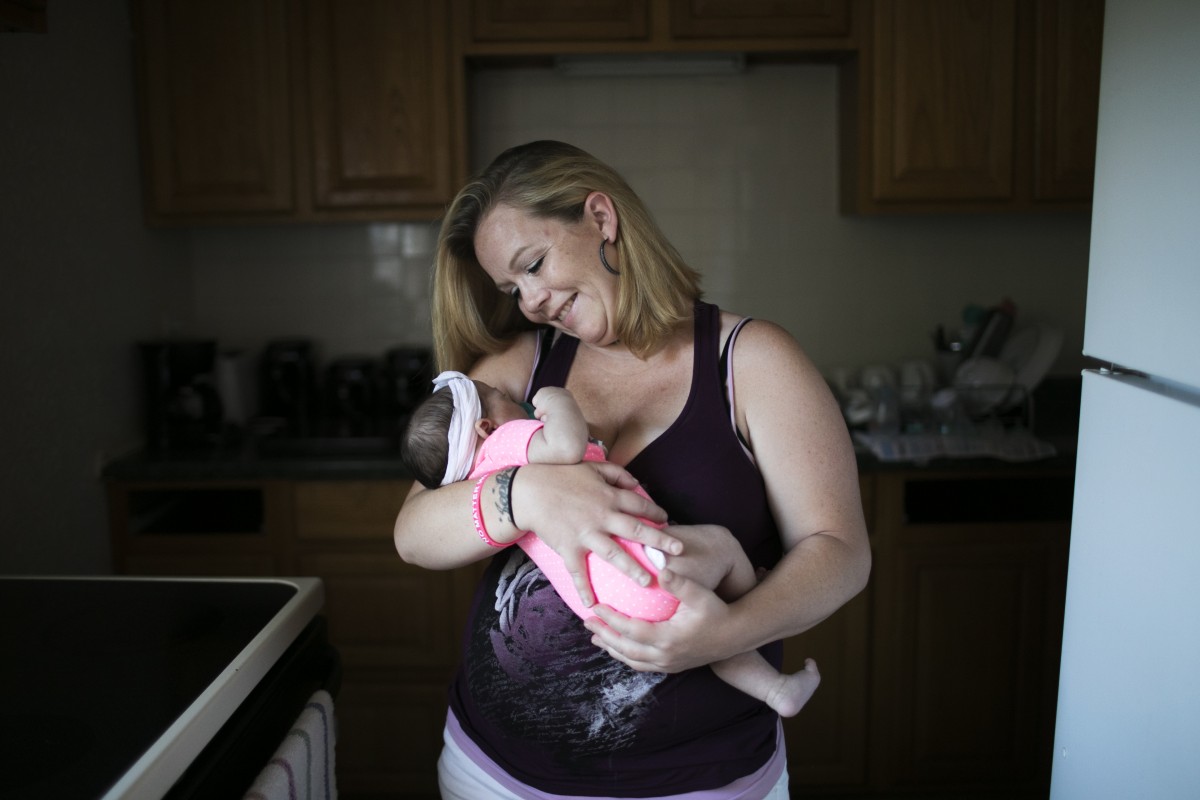WYSO’s Recovery Stories series brings you intimate conversations from the heart of Dayton’s opioid crisis. This episode introduces us to two women whose children have struggled with addiction: Becky Walsh and Leanna Perez Green.
Leanna’s husband is retired from the Air Force. She says seeking drug treatment for her teenage son meant facing down stigma in the tight-knit Wright-Patterson military community.
“The Air Force is zero tolerance — if you use drugs, you’re out. I would like to see that community talk about it more instead of feeling like my active-duty person may get in trouble,” Perez Green says.
In this conversation, Walsh and Perez Green, who met at a meeting of the Dayton support group Families of Addicts or FOA, open up about the different ways they’ve handled their children’s addictions.
Listen to their conversation below. What follows is a transcript of their conversation, edited for length and clarity.
Perez Green: My name is Leanna Perez Green. I live in Beavercreek, Ohio. We have two boys. My younger son has a problem with substance abuse. He only used heroin, that I know of, for a short time. I don’t honestly know. He won’t tell me. I have a suspicion that he smokes cocaine. When somebody is in active addiction it’s hard to believe what they tell you.

Walsh: You know what, I don’t even ask anymore, I don’t ask. My name is Becky Walsh. I’ve been a nurse for 40 years. I’m still working part-time part time now, I’m kind of enjoying a semi-retirement. I live in East Dayton. I have two children, four grandchildren and three great grandchildren. So that makes me 68 years old. Both of my children have been using drugs since they were in their teens and they’re now in their forties. I was honest with them and said, I know that you’re using, if you ever decide to change your lives that I’ll be here. And I knew that that was really all I could do, that and be there for grandchildren. And then it wasn’t long after that when my son came to me and said, I can’t do this anymore, mom. It was kind of a miracle. He said, I don’t want to live like this. He was seeing his friends dying or overdosing and almost dying. And that’s, I think, the reason that he did decide, I can’t keep doing this because it’s going to kill me. I’m very proud of him for doing that.
Perez Green: I remember you had told me that you went through detox with with both your son and your granddaughter. That had to have been a really tough situation. Do you feel like your nursing helped you with that?

Walsh: My son, he didn’t want me to see him in that much pain. But we stayed in the same room, in the living room. He was on the couch. I was in my recliner. We were up all night long the first night. And I have been a nurse for 40 years. Most of that time has been at the bedside and I’m telling you now, I would never, ever let one of my patients suffer like that. So, that was tough. And he did it. He did all of it. He gave up where he lived. He gave up his job. He gave up his friends. He gave up any money that he had, he turned that over to me. But that’s what it took, and he was OK with it, which surprised me. But it also told me how much he really, really wanted this. And he’s been clean for almost a year. I feel like I’ve got my son back. I’ll always be grateful to him for that.
Perez Green: I tell my son all the time, if you want treatment I can help you with all of that, you just need to tell me. I know that he can have a good future if he could learn how to live with his addiction and get it under control. But, you know, he’s just, he’s not ready. He’s not ready and he’s only 19 and he needs me, yet he doesn’t let me into his life. I can’t help but feel some responsibility, like, what did I miss along the way? Why did he start using drugs to begin with? What did I not see? What did I not do? I have a terrible fear of his life ending. That fear drives me, just drives me. I want to get to a place where I don’t feel like, god, did I make the wrong decision today? Becky, I look at you and I see a living example and that gives me hope. It gives me hope for my son, that someday I hope he’ll be in recovery and he’ll walk in those doors with me and be able to share his experiences. My ultimate hope is that he will decide that he is ready to get full treatment and stop using.
More About WYSO’s Recovery Stories

This story is part of WYSO’s Recovery Stories series.
The series was produced by Jess Mador, with assistance from WYSO Community Voices producer Jocelyn Robinson. Original photos by Maddie McGarvey.
Additional project digital support from 100 Days in Appalachia.



